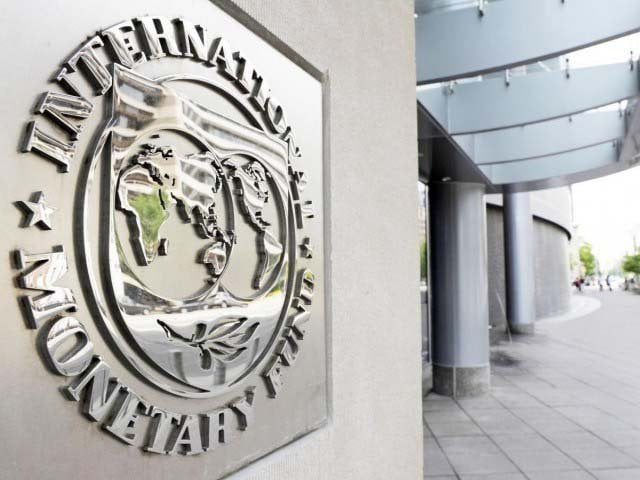Economic charter: nothing ever changes
While everyone talks about the burden, no one really comes close to seriously suggesting a significant cut

PHOTO: FILE
“The recent consensus on the war on terror was only the third time in our history that we witnessed a display of maturity by the political class. The 1973 Constitution and the Charter of Democracy are the other two examples. Whatever the cynics might say, such consensuses are the most important building blocks of a continuing tradition of political and economic deliverance.
As our misfortunes apparently are more economic than political, political processes are subverted in the name of economic betterment. It is time for us as a nation to stop playing politics with the economy. Let a joint session of Parliament be called to decide once and for all the contentious issues that have festered for a wasteful length of time.
We don’t have to spend time on forging a consensus on the principles of policy. These have already been enshrined in the Constitution. The consensus must focus on a set of concrete actions required immediately, in the medium term and in the long term. Governments may come and go, but the consensus must hold.
There is a raging debate on the consequences of going to the IMF. In my view, expressed in these columns earlier, this could have been avoided by putting in place a timely strategy of our own.
But the preoccupation with political issues side-tracked the economy, which was losing one billion dollars a month rather than working for the dollar-a-day poor. No serious effort was made to prevent this drift towards the IMF.
This public session should start with presentations prepared by the IMF on the state of the economy. There is no harm if the presentation is made by an IMF representative.
Our economic managers should make a separate presentation on why they had to do what they did. The text of the agreement with the IMF should also be laid on the table. After a question and answer session, the joint session should recess to give time to each party to think up an alternative.
Each party must understand that the economy does not pay any heed to appeals. It responds to incentives and disincentives.
Appeals to politicians, bureaucrats, generals and the rich diaspora to bring back dollars will not work. But if a joint session comes out with a consistent, predictable and transparently-managed economic programme for the next decade, it will send a signal to everyone in and out of the country that there is honest money to be made here and it is safe as well.
Questions must be raised about why should we spend more than we earn? Why should we import more than we export? Who needs the difference between the two and why?
An example will help illustrate the nature of the debate. Debt servicing is the major claimant on the budget. Debts, however, are incurred for expenditure. So the starting point has to be expenditure.
The major expenditure then is defence. While everyone talks about the burden, no one really comes close to seriously suggesting a significant cut. The session must commit the politicians to some exactitude. If defence is not to be cut, they should then commit to taxing the hitherto untaxed.
If they think they cannot commit to that either, they should tell the people that there will never be enough money for health and education and social transfers in this country.
Let then the people judge what it is they have to live for.”
Published in The Express Tribune, July 5th, 2019.
Like Opinion & Editorial on Facebook, follow @ETOpEd on Twitter to receive all updates on all our daily pieces.















COMMENTS
Comments are moderated and generally will be posted if they are on-topic and not abusive.
For more information, please see our Comments FAQ